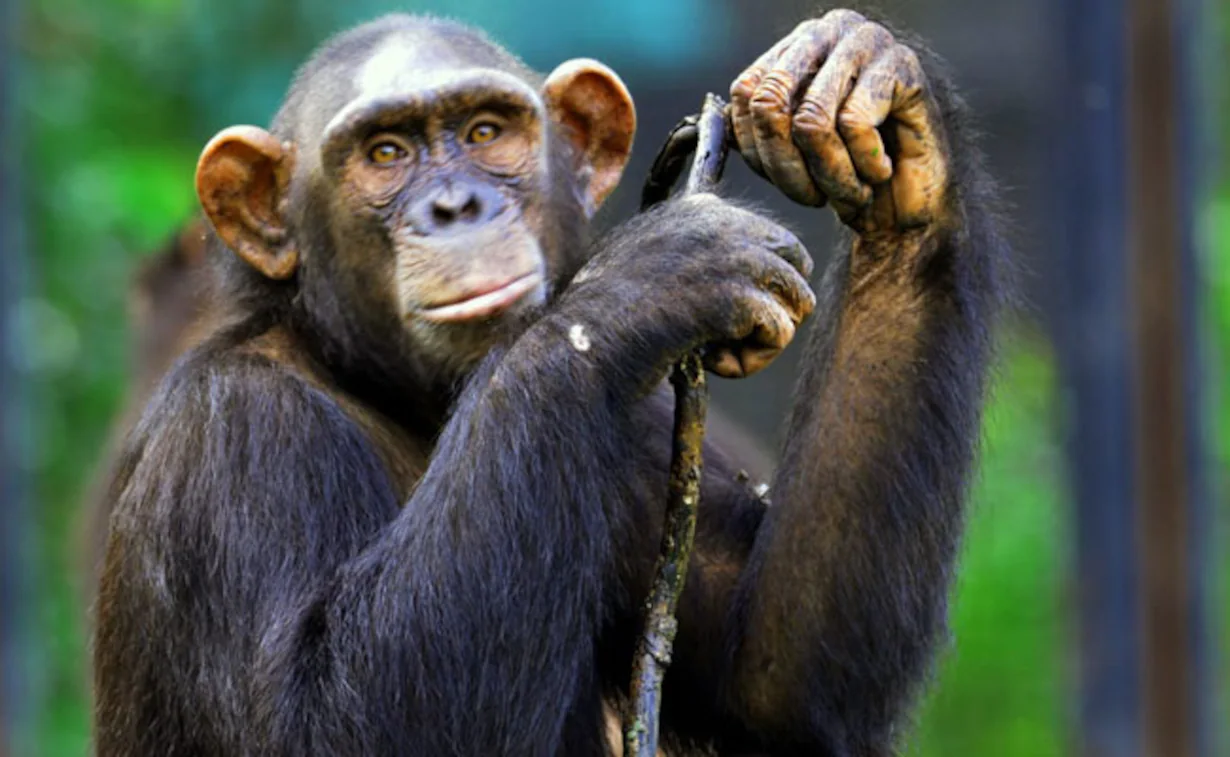
What makes us humans different from our ape cousins? Well, our brain power. And, that came about through tweaks in the genes, according to an ambitious project, whose results were published recently. Come, let's find out more about this, and also how we are similar to and different from other mammals.
The Zoonomia Project compared the genomes (the genetic material that makes up a living organism) of 240 mammal species, including humans, to trace evolutionary changes over 100 million years. It studied a wide variety of mammals-from the huge North Pacific right whale (59 feet long) to the tiny bumblebee bat, just 3 cm long. It also included our closest evolutionary relatives – chimpanzees and bonobos. Do you know what startling result the study threw up? "The researchers identified genomic elements- 4,552 in all – that were pretty much the same across all mammals and were identical in at least 235 of the 240 species, including people." It means that certain parts of genomes have remained unchanged across all mammal species, humans included, over millions of years of evolution.
As for how humans are different from other mammals, the study points to areas "associated with developmental and neurological genes". It suggests that when Homo sapiens evolved, it involved changes in how the nervous system genes were "regulated". And these were just tweaks rather than any dramatic and major changes to the genes themselves. This explains why we still share a large part of our genetic makeup with our ape cousins.
And, genes are also responsible for traits unique to some mammals. For instance, hibernation and the sense of smell. While some mammals have a keen sense of smell, others have almost none. Humans are "somewhat average". The study also saw changes in genetic sequences in some species "in relatively short periods of time", indicating how they are adapting to their environments.
While the findings are fascinating by themselves. scientists believe they "could inform human therapeutics, critical care and long-distance space flight", and "also can help identify genetic mutations that lead to disease".
In a study, researchers identified genomic elements – 4,552 in all-that were pretty much the same across all mammals and were identical in at least 235 of the 240 species, including people. It means that certain parts of genomes have remained unchanged across all mammal species, humans included, over millions of years of evolution.
Picture Credit : Google




